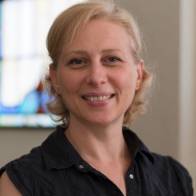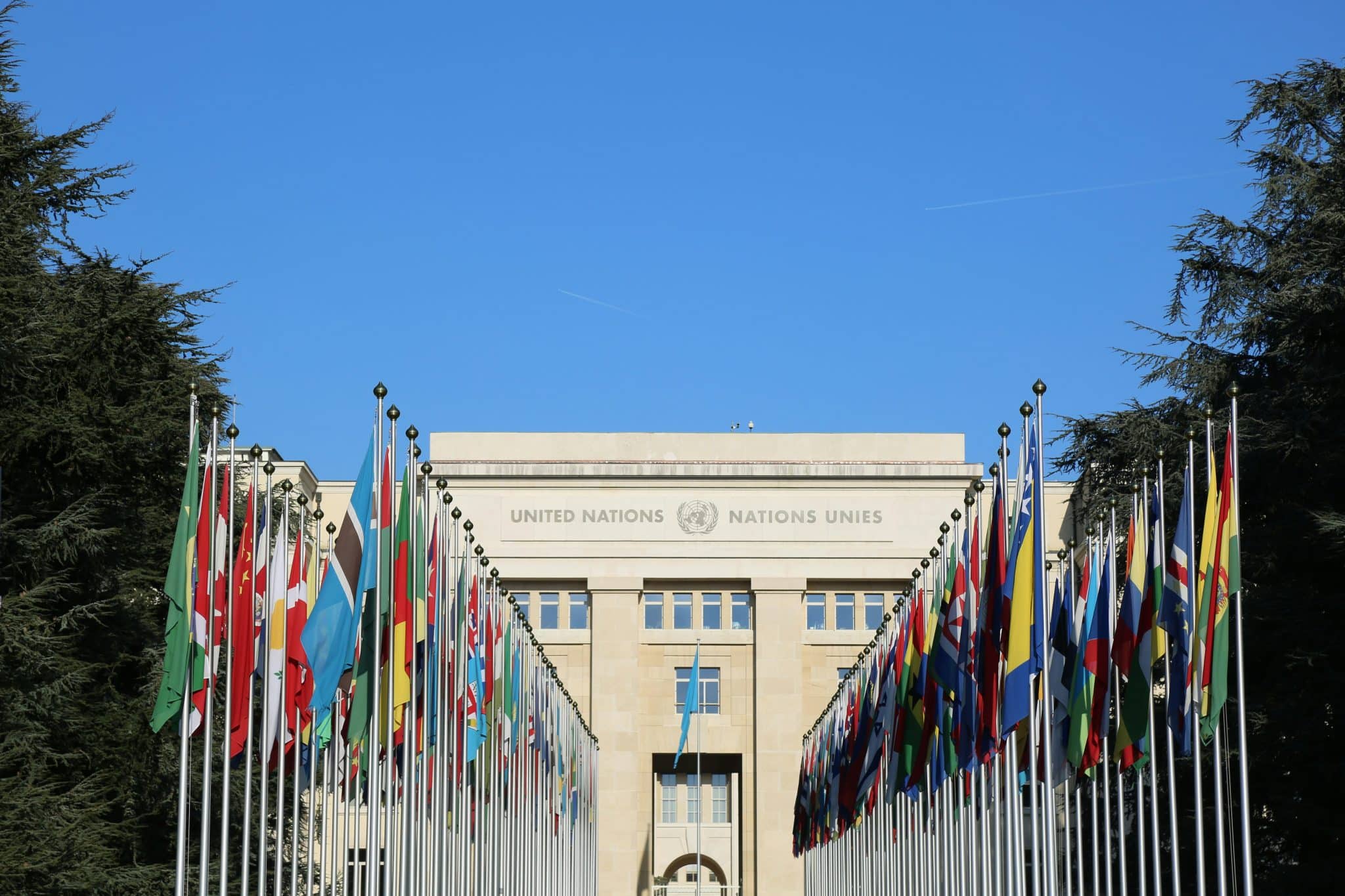
Moses' encounter with God on Mt Sinai left him glowing for days. Yet the patriarch's experience pales in comparison to what we ordinary humans have been offered, says Pastor Mandy Smith. Photo by Dyu Ha Ngo on Unsplash
In our desire to honour the truth of God, we’ve incorporated scientific methods, imagining humans can be objective.
We’ve embraced “I think, therefore I am”, setting aside all the other parts of ourselves God has given us to know Him.
We’ve made an idol of that one good, but limited, part of ourselves. And we’ve shamed those other parts of who He has made us to be.
Ironically, the very same Scripture we study so rigorously speaks with rapture about deep emotion, bodily experience, engagement with nature, metaphor, beauty.
It is comfortable with all the mess and mystery of human engagement with God.
So could there be a way that rigorous theological engagement could enliven – not only our minds – but also our bodies and hearts and instincts?
His deepest heart
Paul’s second letter to the Corinthians describes the message of God, written on our human hearts.
Paul compares this reality to that of Moses who had the word on tablets of stone.
Moses got a measurable, definable message on tangible stone. I’m sure it felt very real, very solid, very reliable.
But it could also be lost and broken. It could become an idol.
The very place we feel our weakness is the place God wants to reveal his deepest heart to us.
For Moses, the message of God came in a way that could be carried in human hands. It could be kept at arm’s length – safer, tidier, easier to set aside when it confused us or made us uncomfortable.
If we’re honest, we’d rather have our engagement with God in that way.
We’d rather have something tangible, quantifiable.
We’d rather have something safely objective, separate.
But God has offered us personal engagement in our very bodies. The very place we feel our weakness is the place God wants to reveal His deepest heart to us.
But we are ashamed of our ordinary human existence.
We feel how very fragile and ordinary we are as clay vessels. In these hidden parts of ourselves we hold images and longings, hopes and dreams, pain and brokenness.
They exist in a place beyond language and so we distrust them.
God of ideas and language
In this world which craves things that can be measured, predicted and named, these parts of ourselves seem weak and stupid. But it’s a place God wants to meet us.
Moses’ experience is the ultimate mountain-top experience – an encounter with God which left him glowing for days, a message directly from God to be given to all the people. We all wish for such moments.
God has created us as multi-faceted creatures, and He engages us through ideas, emotions, intuitions, senses.
But we are just ordinary humans, given these workaday lives. Who are we to long for direct engagement with God? Who are we to hope for a message from Him?
And yet Paul presents the possibility that Moses’ experience pales in comparison to what we have been offered.
The glory of God that made his face glow gradually faded. The tablets of stone could be broken or lost or forgotten. What we have been offered is even more glorious than this celebrated experience of a revered patriarch.
Paul promises that the same God who said “Let light shine out of darkness”, has given us the light of the knowledge of the glory of God in the face of Jesus Christ.
The expression of Himself which He gave to Moses, He now offers to each of us, ordinary though we are. He shines His glory into our very hearts, limited and broken though they may be.
We have been offered this eternal, unfading, unrestricted access to the very nature of God.
Would we rather keep God at arm’s length? And in so doing, control and contain Him?
But can we handle it? It feels too close for comfort, too personal, too messy and subjective.
This is a choice we have to make – would we rather keep God at arm’s length? And in so doing, control and contain him?
Would we choose to engage Him only with the parts of ourselves that are logical and verbal? And in so doing, choose a faith which is brittle?
God has created us as multi-faceted creatures, and He engages us through ideas, emotions, intuitions, senses.
This way, if one part of us can’t fathom him, there are many other ways He can reveal himself to us.
He is, undoubtedly, a God of ideas and language. And He is honoured by our efforts to explore him with our intellect. But if we do so at the expense of all the other ways he invites us to engage, we shouldn’t be surprised if faith feels dry.
If we do so in an effort to keep our faith objective, we should not be surprised if faith feels more like doubt.
Our whole selves for God’s glory
There’s a reason Paul goes on to talk about clay vessels.
There are things we may never know about God until we let Him write Himself on our very fragile, wonderful hearts.
This wondrous possibility that God has spoken His glory into our hearts may make us feel our smallness and limitation more than ever.
God wants to pour his glory into these clay jars? Into these limited bodies? Into these messy emotions? These broken hearts?
None of it is good, strong, or glorious enough to be the place where God wants to meet us. None of it is wonderful enough to be a place which could express the glory of the God of all creation.
But, as uncomfortable as it makes us, there are things we may never know about God until we let Him write Himself on our very fragile, wonderful hearts.
Maybe one of the greatest deaths He calls us to is to die to the ways we protect ourselves from the glory of His presence.
Maybe one of the ways we can most experience the life of Jesus is in living like He did – by handing our whole selves over to be a vessel of God’s glory for the world to see.
This article was written for Missio Alliance and is republished with permission.
RELATED STORIES:
“I went through a season of bitterness”: Singles talk about what happens if The One never comes
We are an independent, non-profit organisation that relies on the generosity of our readers, such as yourself, to continue serving the kingdom. Every dollar donated goes directly back into our editorial coverage.
Would you consider partnering with us in our kingdom work by supporting us financially, either as a one-off donation, or a recurring pledge?
Support Salt&Light




